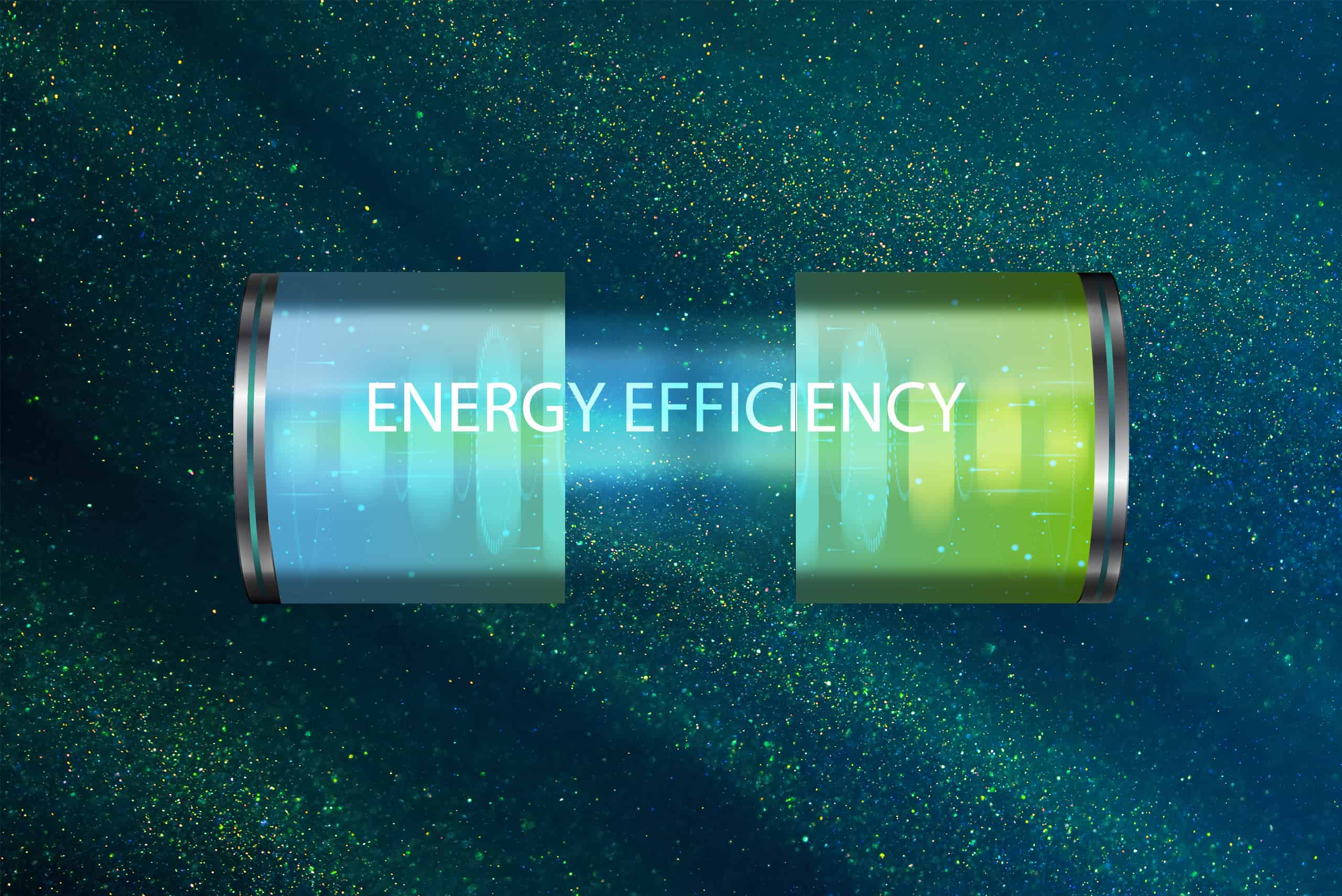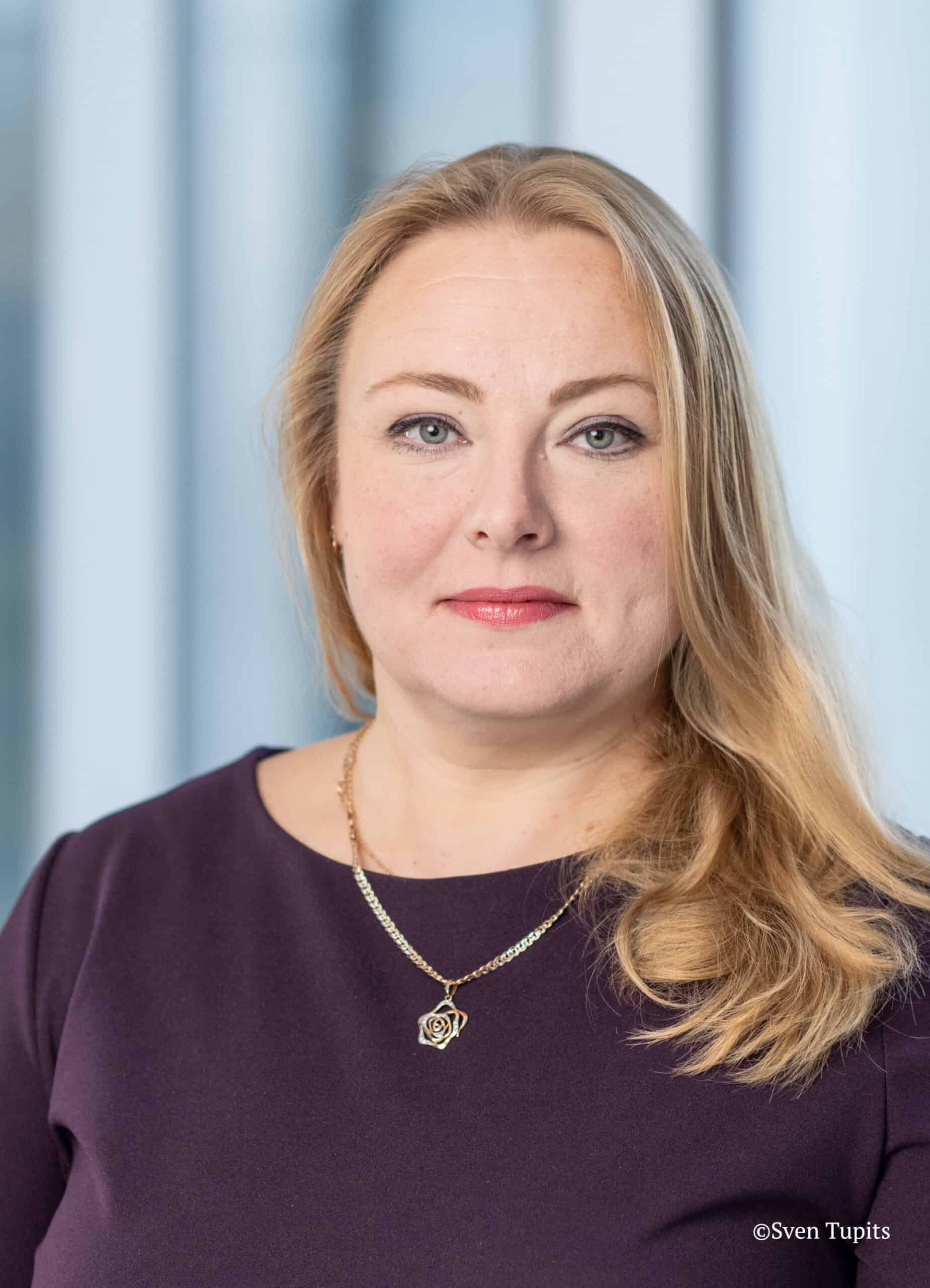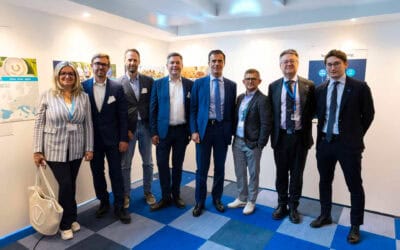
02 November 2023
Becoming energy-efficient with Interreg
#25yearsIBSR
Written by Elena Kolosova
Reviewing national energy policies
Energy is a crucial driver of economies and societies, but it is also a major contributor to global warming. Interreg projects have played a significant role in promoting energy efficiency in the Baltic Sea region. In the mid-2000s, projects reviewed national policies on energy efficiency in building stock and initiated renovation in residential buildings in Estonia, Poland, Lithuania, and Latvia.
Renewing residential areas
From 2009 to 2013, cities and towns learned to plan comprehensive energy renewal of residential areas and energy refurbishment of historical buildings. Project partners also constructed a sustainable, energy-efficient student dormitory in Klaipeda, demonstrating jointly developed engineering and building technology standards in new buildings.
Margarita Golovko, Monitoring Committee member from Estonia, Ministry of Regional Affairs and Agriculture
In 2005, Rakvere was involved in the project BEEN: Baltic Energy Efficiency Network for the Building Stock, financed by the Interreg Baltic Sea Region IIIB Programme. The project dealt with energy efficiency and refurbishment of residential buildings. Then they participated in the project Urb.Energy, which was about developing concepts and strategies for energy-efficient renovations of residential areas. Later on, they also participated in some more specific cross-border projects on the same theme.”
Implementing sustainable energy actions with residents
From 2016 to 2021, cities in projects revised their sustainable energy action plans and trained building managers and energy auditors for retrofitting, upgrading, and deep renovation of buildings. They also installed modern LED lighting in walking and cycling areas to promote active mobility and energy savings of up to 50%. Cities strengthened their work with residents, educating them on how to lower energy consumption. They set up local energy efficiency groups involving public organisations like schools, transport agencies, businesses, homeowners, and residents.
Jens Kurnol, Monitoring Committee member from Germany, Federal Institute for Research on Building, Urban Affairs and Spatial Development
We also had some good local and regional energy projects, for example Urb.Energy, Area 21 or BEA-APP. The knowledge gained in these projects on neighbourhood energy concepts helps a lot in the accelerated transition from fossil fuels.”
Moving toward climate neutrality
On the policy level, projects developed recommendations on how to mainstream climate into new European Structural and Investment Funds to accelerate the transition towards climate neutrality. They proposed measures such as improving energy efficiency through the reconstruction of buildings and district heating systems on a wider national and regional scale.
#25yearsIBSR
This year, our Interreg Baltic Sea Region Programme is celebrating its 25th anniversary. For more examples of #MadeWithIBSR project results and testimonials of great people who have helped shape the regions with us, visit our birthday celebrations page!
Want to know more about the projects that have been helping cities and regions become energy efficient? Flip through the project examples below:
More recent news
How transnational cooperation is building Europe´s future with youth
Explore how transnational cooperation is transforming Europe, from addressing climate change to fostering local economic growth. This exhibition highlights the powerful impact of collaboration beyond borders in shaping a stronger, more united future.
CompositeCircle kicked off in Lappeenranta: setting the stage for circular innovation
The CompositeCircle project officially launched with a multi-day kick-off meeting in Lappeenranta, Finland, bringing together partners from across...
(No title)
Energy Equilibrium seminar in Lithuania — Energy Accumulation for municipal energy sector
With the support of Association of Local Authorities in Lithuania the seminar “Energy sector planning in municipalities for the transition to...




